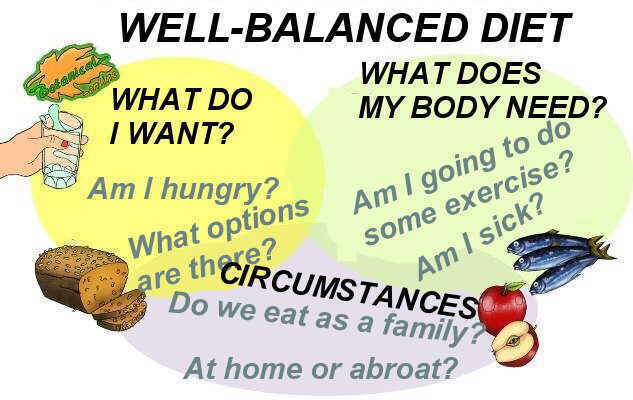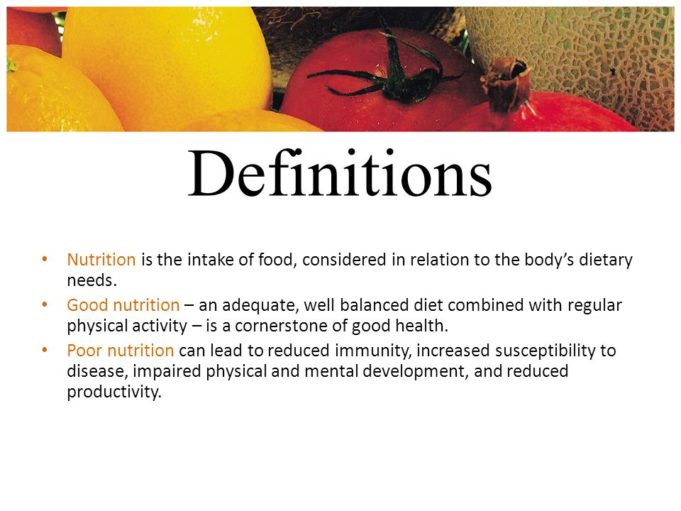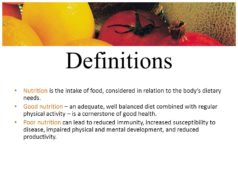Diet definition is a diet is the sum of all the food and drink consumed by an individual or a group. It can refer to the specific types and amounts of food a person eats, as well as their nutritional content and quality. Generally, a diet is considered a conscious choice about what foods to eat to achieve specific health or weight goals. Diets can vary widely based on cultural, religious, and personal beliefs and preferences, as well as individual needs and medical conditions. Some common types of diets include vegetarian, vegan, low-carb, low-fat, Mediterranean, and DASH (Dietary Approaches to Stop Hypertension).
What is Diet Food?
“Diet food” is a term that generally refers to foods that are low in calories, fat, sugar, or carbohydrates and are often consumed by people who are trying to lose weight or improve their overall health. Diet Food can include a variety of foods, such as fruits, vegetables, lean proteins, whole grains, and low-fat dairy products.
Diet foods may also include packaged or processed foods that are marketed as “low calorie,” “low fat,” “sugar-free,” or “diet,” but these foods may not always be the healthiest choice. In some cases, they may contain artificial ingredients, added sugars, or other unhealthy additives counterproductive to a healthy diet.
It’s important to remember that a healthy and balanced diet should include a variety of nutrient-rich foods based on individual needs and preferences rather than simply focusing on “diet foods.”
Definition of Diet in Biology
In biology, the term “diet” refers to the types of food an organism eats to obtain the nutrients and energy needed to sustain life. Diet is essential to an organism’s biology because it directly affects its growth, development, and overall health.
Different organisms have different diets based on their nutritional requirements and feeding habits. For example, herbivores primarily consume plant material, while carnivores consume other animals. Omnivores consume a combination of plant and animal material, while detritivores feed on dead organic matter.
In addition to the types of food consumed, the quantity and quality of food can also significantly impact an organism’s biology. A balanced and nutrient-rich diet can promote healthy growth and development, while a diet lacking in certain nutrients can lead to deficiencies and health problems. In some cases, an organism’s diet can also affect its behaviour and ecological interactions with other organisms in its ecosystem.

What is the difference between diet and nutrition?
Diet and nutrition are related concepts, but they have different meanings:
- Diet refers to the types and amounts of food and drinks consumed.
- Nutrition refers to the nutrients and other food substances necessary for the body to function correctly.
In other words, diet is a broad term encompassing all foods and drinks consumed. At the same time, nutrition focuses specifically on the nutrients and other substances within those foods that are important for maintaining health.
A healthy diet provides adequate nutrition to meet the body’s energy, growth, and repair needs. A healthy diet typically involves consuming various nutrient-rich foods, such as fruits, vegetables, whole grains, lean proteins, and healthy fats, while limiting the intake of foods high in added sugars, saturated and trans fats, and sodium.
Overall, diet and nutrition are important factors in maintaining good health, and a balanced and nutrient-rich diet is essential for optimal nutrition.






















